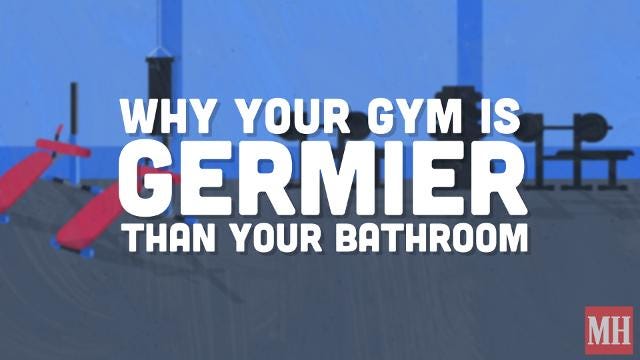There are a whole slew of body pains that hurt like hell, but a toothache is going to rocket to the top of any list. And if you're not a huge fan of going to the dentist, a toothache can be an even bigger nightmare.
Still, if your tooth is aching, you shouldn't postpone the trip, says Bobbi Stanley, D.D.S., a dentist at Stanley Dentistry. Pain in your tooth is a surefire sign that something’s wrong (Here are 6 Serious Health Problems Your Dentist Might Find).
A toothache typically comes from inflammation of one or more teeth, which causes pain, Dr. Stanley explains. This can be caused by a variety of issues, including cavities, impacted wisdom teeth, tooth fractures, gum disease, abscessed teeth, or worn-down enamel from tooth grinding.
At-home or over-the-counter solutions won’t solve the problem at hand, so the relief they provide will be temporary, says Dr. Stanley. You definitely need to loop in a dentist if you're experiencing any persistent pain in your mouth. Still, home remedies for a toothache might come in handy during that painful waiting period before your appointment. Here are a few ways to make your toothache less excruciating.
Stop a toothache with painkillers
Okay, this is an obvious one, but for good reason: They work. Over-the-counter medications like ibuprofen and naproxen, which are non-steroidal anti-inflammatory drugs (NSAIDs), can provide temporary relief, says Dr. Stanley. Because they reduce inflammation, they can cut down on the pain you're feeling.
But don’t let them make you postpone booking an appointment. If you keep taking painkillers, you might be lulled into thinking your toothache is getting better, while the cause of it might actually be getting worse—you just may not realize it.
Plus, using OTC painkillers for too long can increase your risk of side effects. Depending on the type you're taking, these can include things like liver damage, stomach aches, or skin problems, says Neil Hadaegh, D.D.S., a dentist at NH Dentistry Beverly Hills.
Related: The Scary Side Effects Of Popular Drugs
Stop a toothache with benzocaine gel
This over-the-counter gel, such as Iodent Maximum Strength Oral Analgesic Gel, helps numb aches in the mouth.
It works best on your gums around the aching tooth, rather than the tooth itself, says Dr. Stanley. Just don’t go over the recommended dosage on the package, or the numbness to your surrounding teeth and mouth could make it hard to eat—or to avoid drooling all over the place.
Related: 6 Weird Tooth Pains, Explained
Stop a toothache with a warm salt rinse
Put one teaspoon of salt in a cup of boiling water, and once it cools enough not to burn, swish it around in your mouth for 30 seconds. You can do this several times a day, and it will not only clean your mouth, but also remove fluid from your gums that might be making them swell, leading to pain, says Dr. Stanley. That's because salt helps prevent the destruction of cells in your body that help heal inflammation.
Why Your Gym Is Germier Than Your Bathroom:
Stop a toothache with a cold compress
Wrap an ice pack in a washcloth or paper towel, and hold it against your cheek for 10 minutes at a time. You can do this for as long as you want with 10-minute breaks in between. The cold will reduce the swelling and numb the pain, says Dr. Stanley.
Related: 9 Things You Can Do to Get a Perfect Smile
Stop a toothache with a cold peppermint tea bag
Put the tea bag in hot water, then squeeze out the excess water and put it in the freezer. Once it’s cold, put it on your gums by the aching tooth for 20 minutes. The menthol in peppermint can help numb pain, says Dr. Stanley.
Related: 8 Teeth Whitening Products That Actually Work
Stop a toothache with a cotton ball soaked in clove oil
Dr. Hadaegh suggests cleaning your teeth and gums by brushing or rinsing with warm water or mouthwash, putting two to three drops of clove oil on a cotton ball, and biting it with the tooth that’s hurting for 15 minutes. Cloves contain a natural anesthetic, or pain reliever, called eugenol, which should help you function until your dentist can figure out what's going on—and give you a longterm fix.













